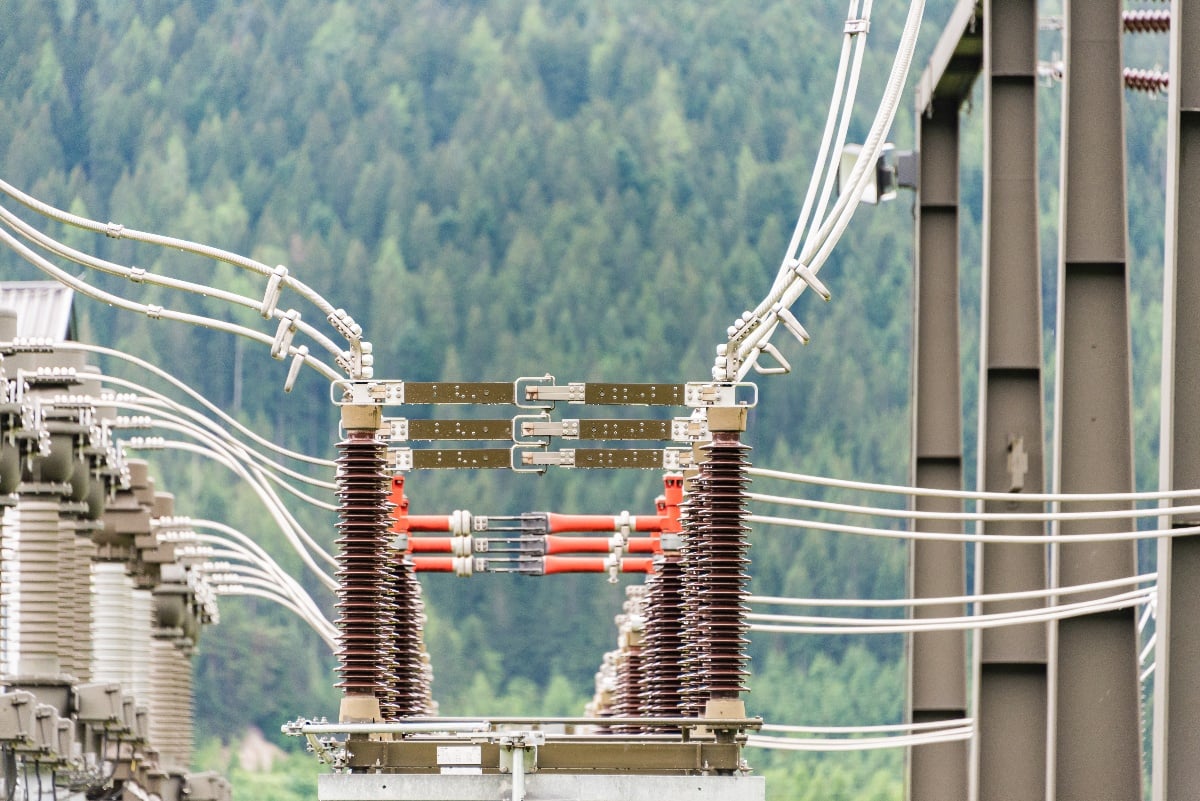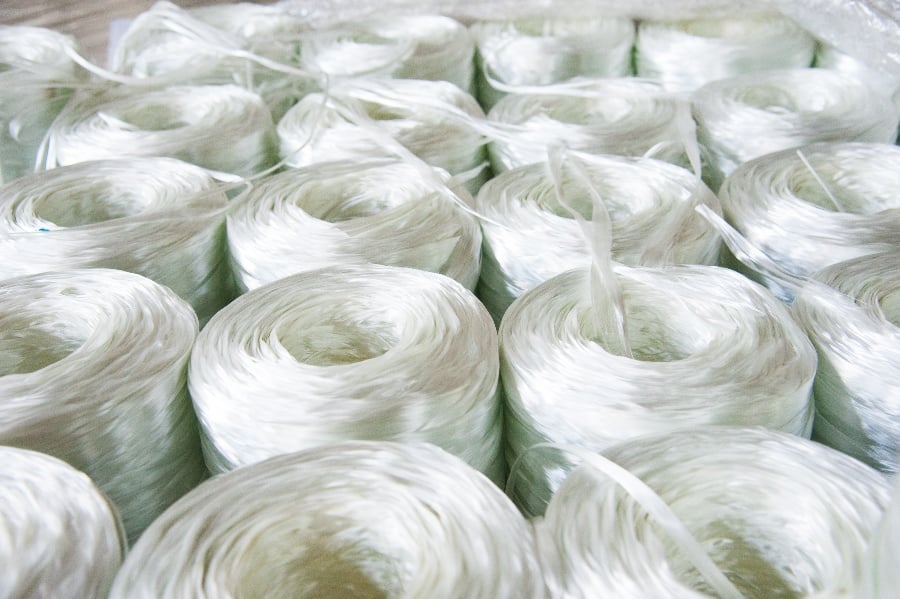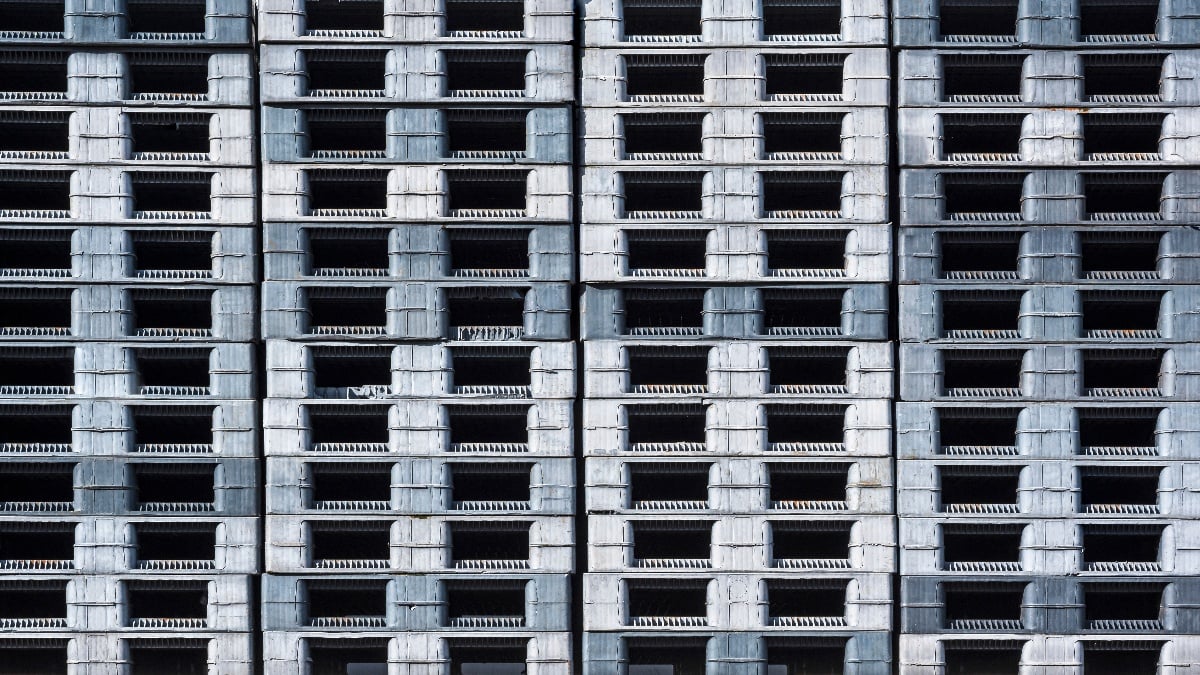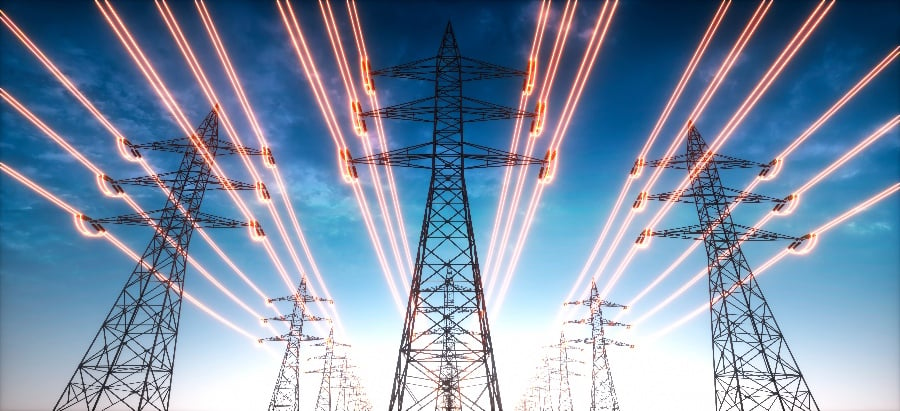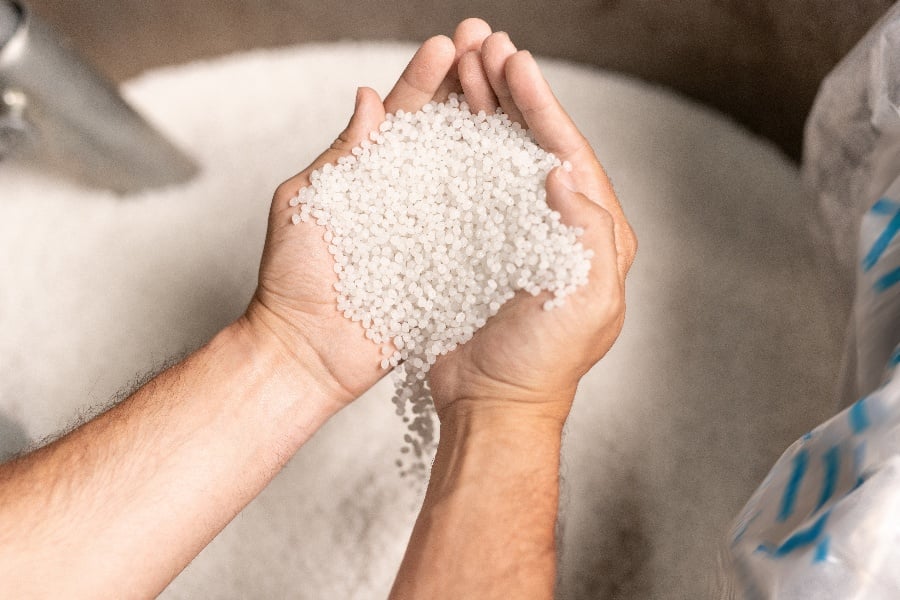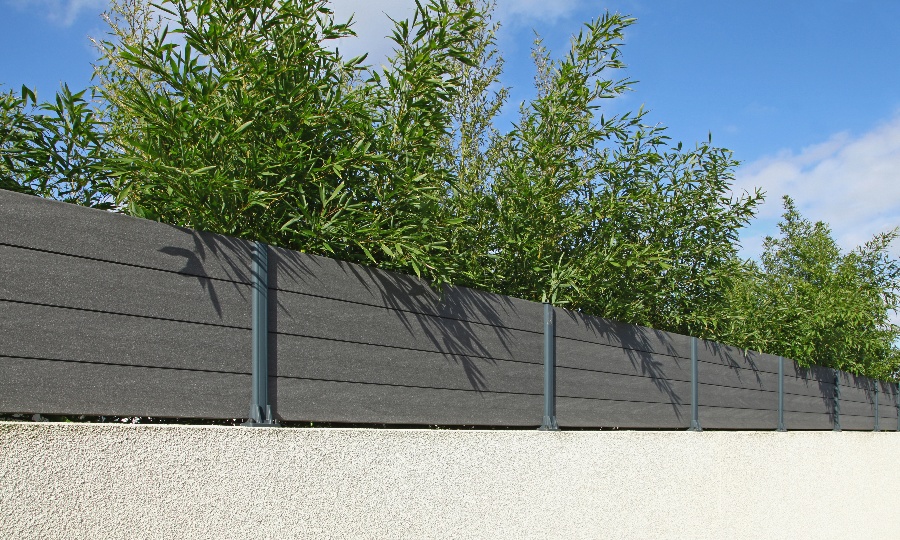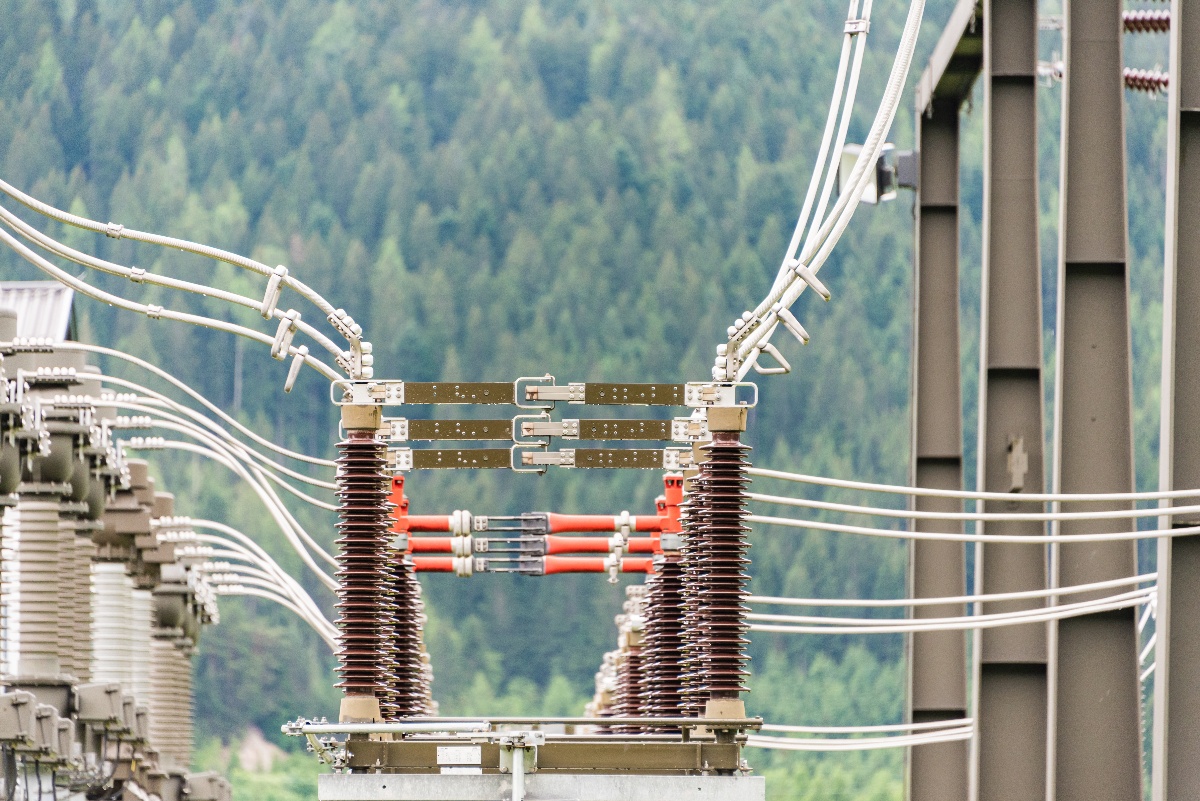
Busbar insulators, often overlooked but pivotal components in electrical engineering, serve as the backbone for safe and efficient power distribution. Essentially, they are non-conductive devices that provide both mechanical and electrical isolation for busbars, which are conductive bars or strips used in power distribution systems. These insulators ensure that busbars are securely supported and isolated from adjacent components, preventing inadvertent electrical contact and potential hazards.
Electrical engineering, at its core, is the discipline that deals with the study and application of electricity, electronics, and electromagnetism. Within this vast realm, the efficiency and safety of power distribution stand paramount. Herein lies the importance of busbar insulators: they act as guardians, ensuring that power flows safely and without interruption, enabling myriad applications from the simplest household devices to intricate industrial machinery.
In this article, we'll dive into the importance of busbar insulators, what role they play, and how different materials can affect their performance.
The Role of Busbar Insulators
Support and Separate Busbars from their Mounting Surface
Busbars, as crucial components of power distribution, must be securely mounted while remaining electrically isolated from their surroundings. Busbar insulators are specifically designed to provide this dual function.
By providing robust support, they ensure that busbars remain stationary, thereby minimizing the risks associated with vibration or mechanical stress. At the same time, by keeping busbars separated from their mounting surfaces, they prevent potential short circuits or ground faults.
Ensure Safety by Preventing Electrical Contact and Arc Flash Hazards
The dangers of unintentional electrical contact, especially in high-power systems, cannot be overstated. Even a momentary touch between a busbar and another conductive component can lead to catastrophic consequences, from equipment damage to life-threatening arc flash incidents. By providing a reliable barrier, busbar insulators play a vital role in mitigating these risks, ensuring that only designated connections are made.
Reduce Electrical Noise
In electrical systems, 'noise' refers to unwanted disturbances or fluctuations in voltage or current. Such disturbances can interfere with the proper functioning of electrical and electronic devices, leading to inaccurate readings, reduced efficiency, or even malfunctions. Busbar insulators, by preventing unwanted electrical contacts and providing a clear path for current, help minimize these disturbances, ensuring that power is distributed smoothly and without interference.
Although they may seem simple, busbar insulators play a multifaceted role in ensuring that electrical systems operate safely and efficiently. Their design, material, and proper maintenance are, therefore, essential considerations for any engineer or technician in the field.
Material Selection and Its Impact on Busbar Insulator Performance
The material of a busbar insulator is not just a passive participant; it is an active determinant of the insulator's performance, durability, and reliability. Different materials possess unique properties, making them suitable for diverse conditions and applications. Understanding these nuances is critical in ensuring optimal performance.
Electrical Properties
Materials with higher dielectric strength can withstand higher voltages without breaking down. For example, ceramics typically have a higher dielectric strength compared to many plastics. High resistivity ensures minimal current leakage through the insulator. Materials such as rubber and most plastics are inherently good electrical insulators. Materials prone to collecting surface contaminants, or those that don't repel moisture, can develop increased surface conductivity, leading to potential tracking or flashover.
Mechanical Properties
Depending on the mounting and operational stresses, the insulator material should have adequate strength. Materials such as fiberglass composites are known for their high tensile strength. In environments with vibrations or dynamic loads, a degree of flexibility can prevent breakage. Silicone and rubber-based insulators can offer this benefit. Over time, some materials might deform under constant stress. Ensuring materials resist such long-term deformation is crucial for maintaining the mechanical integrity of the system.
Thermal Properties
A material with lower thermal conductivity might help prevent excessive heat buildup. However, it also means that any heat generated within the insulator won't be dissipated quickly. Materials that expand or contract significantly with temperature changes can experience mechanical stresses or altered clearances. This factor should be considered, particularly in environments with large temperature fluctuations.
Environmental Resistance
Materials such as certain plastics can degrade under prolonged UV exposure, compromising their insulating properties. Especially relevant in coastal or industrial areas, materials should resist degradation from saline or chemical exposure. Composites or ceramics are often favored in such conditions.
A hydrophobic surface can prevent water film formation, reducing the chances of surface tracking. Silicone rubber, for example, is inherently hydrophobic and retains this property even after years of service.
The material chosen for a busbar insulator plays a definitive role in its overall performance. It affects not only the insulator's immediate function but also its longevity and reliability across diverse environments. An informed material selection, based on a holistic understanding of these properties and their implications, is key to efficient and safe power distribution.
Fiberglass Reinforced Plastic (FRP) as a Material Choice for Busbar Insulators
In the evolving landscape of electrical engineering materials, Fiberglass-Reinforced Plastic (FRP) is increasingly popular for busbar insulators. Combining the strength of fiberglass with the versatility of plastic, FRP combines a suite of properties, making it well-suited for challenging electrical environments.
High Mechanical Strength
FRP is renowned for its impressive tensile, compressive, and flexural strength. The fiberglass component provides rigidity and durability, ensuring that the insulators can bear the weight of the busbars and resist deformation over time, even in dynamic environments with vibrations or mechanical stresses.
Excellent Electrical Insulation
The dielectric properties of FRP make it an excellent electrical insulator. It exhibits high dielectric strength, enabling it to withstand substantial voltages without electrical breakdown. Its inherent resistivity minimizes current leakage, thereby maintaining the integrity of the electrical system.
Thermal Stability
FRP exhibits good thermal stability, ensuring its properties remain relatively stable across a wide range of temperatures. This makes it suitable for environments that experience temperature fluctuations, as the material won't become overly brittle in cold or soften excessively in heat.
Corrosion and Chemical Resistance
The composite nature of FRP makes it inherently resistant to corrosion, whether from environmental factors such as salt spray in coastal areas or from industrial pollutants. This resistance extends to many chemicals, making FRP insulators a preferred choice in industrial settings where chemical exposure might be a concern.
Lightweight and Easy Installation
Despite its strength, FRP is relatively lightweight, simplifying handling and installation. This can reduce labor costs and shorten installation times, making it a cost-effective solution in the long run.
UV and Weather Resistance
FRP, especially when formulated with appropriate resins, can offer significant resistance to UV degradation, ensuring that its properties are maintained even with prolonged exposure to sunlight. Additionally, its resilience to various weather conditions, including rain and snow, further enhances its suitability for outdoor applications.
The intricate world of busbar insulators serves as a poignant reminder of the balance between engineering principles, material science, and real-world applications. As demands on electrical systems increase and operating environments become more challenging, the need for informed, forward-thinking decisions in insulator design and material selection becomes even more critical. It is not just about keeping the lights on; it's about ensuring they stay on safely and efficiently for years to come.

